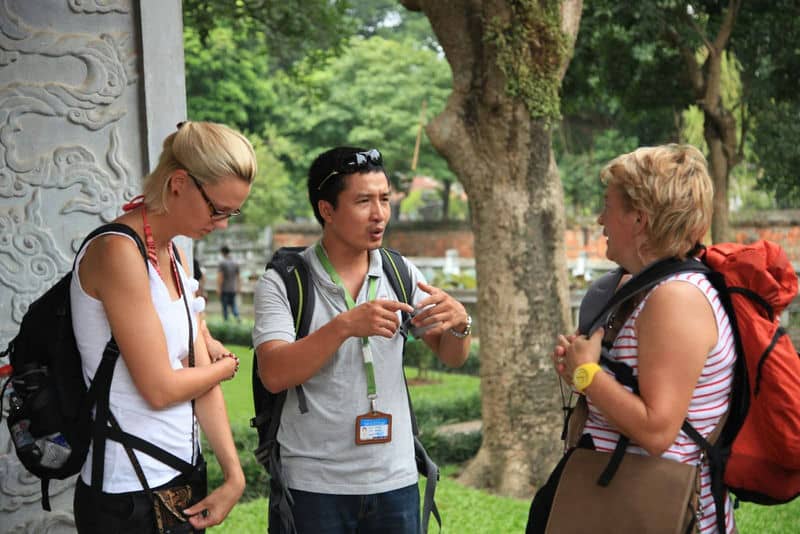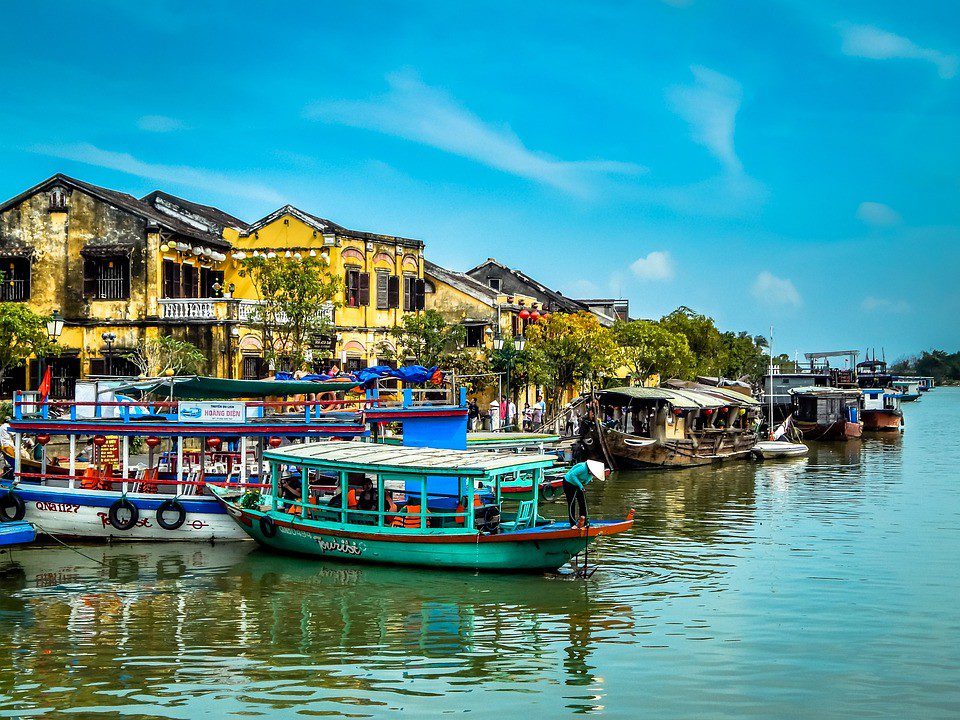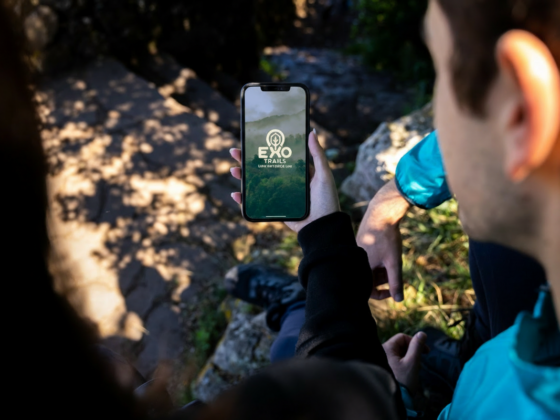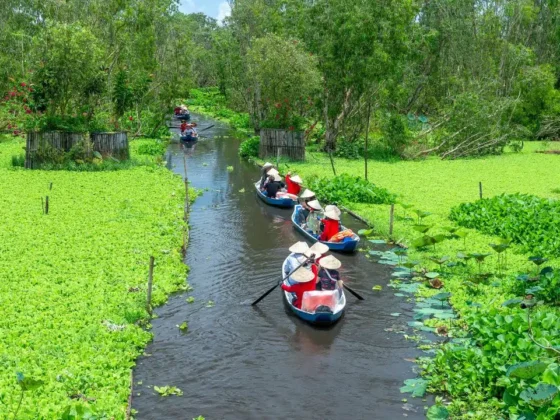Table of Contents Show
✍️ AI is summarizing:
As we move into 2025, the way we approach travel is evolving. The lessons of recent years have shown us that ethical travel is not just a trend—it’s a necessity. Responsible tourism benefits not only travelers but also the communities we visit and the environment. Here are ten actionable steps to help you become a more conscientious and ethical traveler in the year ahead.
Related post:
- Travel for Personal Development: How Exploring the World Transforms You
- Green Exercise Advantages: How Nature Boosts Physical and Mental Health
- Workplace Creativity: How Outside Creative Activities Enhance Job Performance
Acknowledge your privilege in ethical travel

Traveling is a luxury that not everyone can afford. Whether due to financial stability, health, or the freedom to explore, recognizing your privilege is the first step toward ethical travel. Appreciate the opportunities you have and use them to foster deeper connections and understanding with the cultures you encounter.
Make sustainable travel choices
Traveling inherently has an environmental impact, but that doesn’t mean you can’t make mindful choices. Opt for eco-friendly accommodations, reduce your plastic use, and consider taking fewer flights. Even small changes, like bringing reusable water bottles or choosing local, plant-based food options, can contribute to a more sustainable travel experience.
Respect local customs and laws for ethical travel

Every destination has its own traditions and rules. Ethical travelers take the time to learn and respect local customs, whether it’s appropriate dress codes, social etiquette, or cultural taboos. Avoid trespassing for the sake of a social media photo, and always prioritize safety—for yourself and the local environment.
Question volunteer tourism (voluntourism)
Volunteering abroad can be admirable, but it’s important to consider the implications of your involvement. Ask yourself if your presence is truly beneficial to the community. Sometimes, your efforts may unintentionally take opportunities away from local workers. If you wish to help, consider donating rather than volunteering, or support organizations that empower local communities.
Choose ethical animal encounters when traveling
Many travel experiences involve animals, and not all are ethical. Avoid attractions that exploit animals for profit. For example, riding elephants or posing with drugged big cats often involves cruelty behind the scenes. Instead, seek out sanctuaries that prioritize animal welfare and provide education on conservation.
Educate yourself on local history

Understanding the history and context of the places you visit will enrich your travel experience. Learn about the local culture, the effects of colonialism, and current social issues. This knowledge will foster greater empathy and connection with the communities you visit, allowing for more meaningful interactions.
Support local businesses to promote ethical travel
Your spending as a traveler can significantly impact the local economy. Whenever possible, shop at local businesses, dine at family-run restaurants, and support artisans. This not only helps the community but also allows you to experience authentic local culture. In Vietnam, platforms like Exo Trails offer a fantastic way to discover lesser-known trails and hidden gems, allowing you to experience the country’s rich landscape and vibrant culture while supporting local guides and businesses.
Give back to the communities you visit
Ethical travel isn’t just about minimizing harm—it’s also about giving back. Consider donating to local environmental initiatives, supporting community projects, or tipping service workers generously. Even small contributions can make a big difference.
Avoid judging others’ travel choices

Travel is a personal journey, and not everyone may have the same understanding of responsible tourism. Instead of criticizing others for their choices, approach the topic with kindness and openness. Share your insights without judgment, fostering a culture of learning rather than shaming.
Bring compassion home
The lessons you learn from ethical travel shouldn’t stay abroad. Bring them home by advocating for inclusivity, environmental sustainability, and responsible tourism in your own community. The values you cultivate as a traveler can help create a better world—both near and far.
Conclusion
By following these ten steps to ethical travel, you can ensure that your journeys in 2025 are not only fulfilling but also responsible. Platforms like ExoTrails in Vietnam allow travelers to discover the country’s hidden beauty while directly benefiting local communities.
Every journey is an opportunity for personal growth and positive impact—for yourself, for others, and for the planet. Happy and ethical travels! Follow our official Facebook page now to receive more interesting information.












